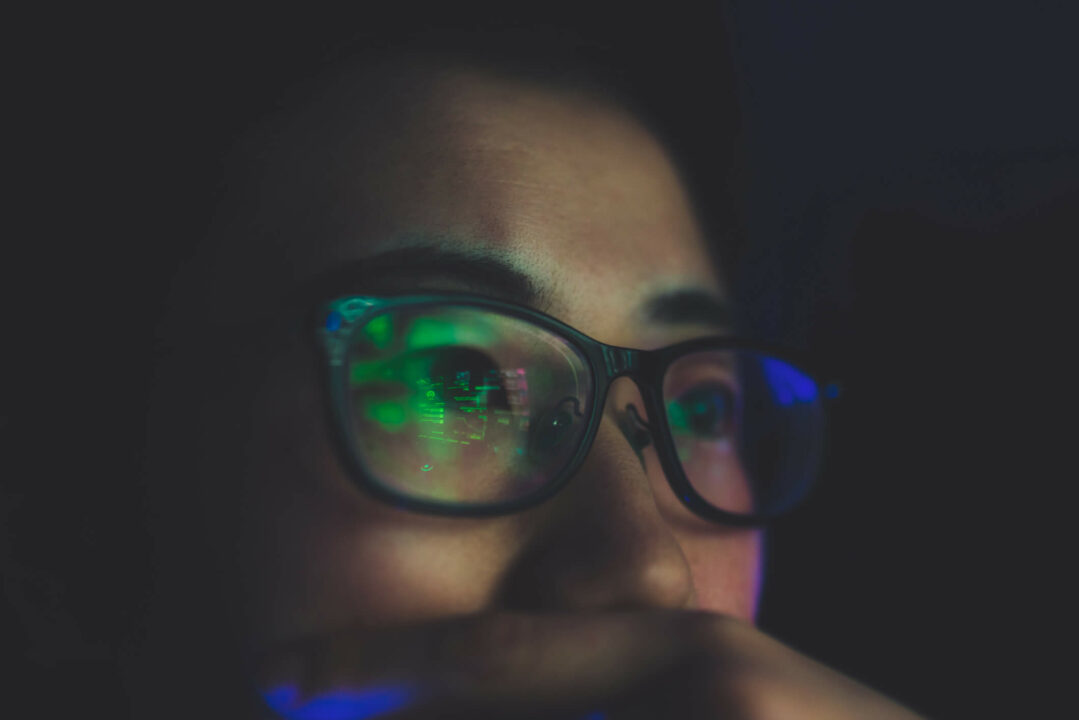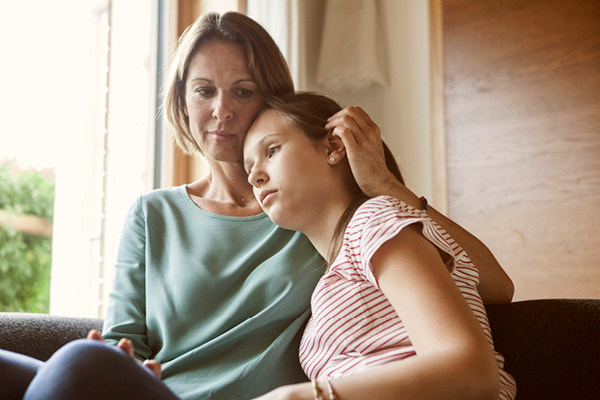BIO-Europe | November 6-8, 2023 | Munich, Germany
Following Lumanity’s participation at 2023 BIO-Europe, Jakub Kaczor (Principal), Alex Fink (Senior Vice President) and Ed Salzman (Senior Strategic Advisor) share some of the key highlights and takeaways.
1. Market Downturn – with Europe Lagging Behind other Regions
Despite initial optimism for a more favourable investment climate this year, many of the challenges that faced the biotech space in 2022 have endured through 2023. In years 2022-2023, the global financing deals were worth $75bn, significantly lower than in years of 2020-2021. The inflation reduction acts are expected to further exacerbate the markets’ reluctance to invest.
It was noted that deal making in the US and China heavily outweigh Europe. Interestingly, it is not because of lack of innovation or scientific development. Multitudes of factors contribute to Europe’s lag, to mention just a few: regulatory hurdles (need to submit country-specific applications and risk assessments), limited number of Europe-focused venture capital funds cost (not many VC to support).
2. Evolution of the Biotech and Biopharma Space
The progress in innovation and speed at which new therapies are being developed have been tremendous over the last years. The cycle of innovation has shortened from roughly 6 years to 2, adding to the competitive pressure and complexity seen across commercially attractive therapeutic areas. At the same time, there are tighter financial measures in place resulting in reduced number of IPOs. However, significant number of assets in the biopharma space are facing a patent cliff, and expected to trigger a new wave of partnerships and acquisitions.
3. Innovation and Focus are Critical to Value Creation
What has not changed is the need to innovate in order to secure investment and future success. It is clear that development of me-too drugs and reformulations is not the way to go to secure venture funding and have a clear path to exit (IPO). There are currently 100+ checkpoints inhibitor assets in development or approved so it is very unlikely funding would be secured for another one. Developing assets, technologies or platforms that address clear medical needs remains the secret (basic) recipe for success.
4. Artificial Intelligence to De-risk Asset Development
The ever-present topic of Artificial Intelligence was discussed during multiple session. One of the noted benefits of AI is an expected increase in probability of success. Use of predictive models, connecting genomics and proteomics as part of R&D, or AI-driven selection of Phase 3 sites or asset indications, are expected to increase the probability of success by 2-3 times.
5. The Market Outlook: From ‘Cash is a Commodity’ to ‘Cash is King’
Given the changes in the marketplace over the last few years, any deployment of funding has become more selective. More than ever, both the emerging biotech and more established biopharma need to become even more cost conscious. Reducing the number of programs, focusing on areas with a clear unmet need is critical. Cash is no longer a commodity, resulting in significantly lower valuations and more risk averse investors. This reality is expected to endure for another year (or two).
Passion, creativity and innovation are the hallmarks of the biotech space. But in this new and very cost-conscious world, clarity around the commercial value, key inflection points and milestones are critical to securing venture funding. Early planning and seeking advice from relevant stakeholders, both at a European and local country level, reveals opportunities, but also highlights critical gaps and areas of focus to raise chances. That’s where Lumanity can help.
Contact us
Lumanity acts as a strategic partner, ensuring business success, by uniting the right experts, helping integrate scientific and regulatory advice, along with demonstrating the value of medical innovations to global stakeholders.
If you missed us at BIO-Europe, or if you would like to find out more about any of the topics covered in this article, please contact us.






